In recent years, Lynn Miller, Sue Wylie, and I have written reminders to take time for self care in IWRC’s newsletters.  After discussing the recent instances of suicide with a colleague, it occurred to me that IWRC is well placed to do more to speak up for the mental health of wildlife rehabilitators. Over the next few months we will write and share a series of pieces on mental health, including information on self assessment, tips for self care, and resources for centers and individuals to use in maintaining mental health.
After discussing the recent instances of suicide with a colleague, it occurred to me that IWRC is well placed to do more to speak up for the mental health of wildlife rehabilitators. Over the next few months we will write and share a series of pieces on mental health, including information on self assessment, tips for self care, and resources for centers and individuals to use in maintaining mental health.
As we’ve started the research for this task, CWR Director, Marjan Ghadrdan, and I have found many resources are available. We are excited to bring you some of our favorite resources and learnings. If you’d like to start exploring now visit the AVMA’s wellness site.
If you are in urgent need of help please contact a hotline immediately. Many countries have national hotlines. If you are in the US click here to chat with someone right now.
Considering Workplace Mental Health
There’s a move from corporate giants, including Unilever, Bell, and Prudential, to address mental health in the workplace. Access to large corporation work benefits like in-office fitness centers, day care, and health screenings, are concepts that don’t downscale easily to your average small nonprofit. But we can acknowledge that mental health needs and illnesses are just as real as physical ailments. Whether it is one volunteer or 15 employees, institute a culture at work that openly addresses mental health.
Mental illness affects many people, 4.4% of the global population is thought to suffer from depression alone1. Our community is particularly at risk, as job related factors of compassion fatigue and secondary traumatic stress can increase the risk of developing a mental health problem. These same issues affect emergency response workers and individuals in veterinary and human medicine; fortunately, this commonality means there are good aid resources already developed.
Steps to Take
Understand the unique risks of our work and help employees and volunteers do the same
- See the resource section at the bottom for education aids.
Encourage self assessment
- Compassion Satisfaction and Fatigue Test (ProQOL) Available in 20 languages
Provide resources for self-care and set a culture where self-care is a priority
- Encourage walks
- Put out a coloring book
- Provide a ‘no wildlife’ break area
- Create a venting wall or opt for online and create a safe space for venting
- Establish breaks
- Buddy system
- Set up a self care board where people can share ideas
- Hire (or find a volunteer!) professional to talk to people one on one or run a group session
- Set up an employee assistance program (EAP)
What resources do you have in your rehabilitation clinic? Share with director@theiwrc.org and we’ll see about posting in the a full list later in the year.
Resources
Pamphlets and Tools
Coping for Emergency Responders
Courses
When Caring Hurts: Managing Compassion Fatigue (free!)
Building Your Balance: Understanding Compassion Fatigue and Stress Management
Books
Compassion Fatigue in the Animal Care Community
- Depression and Other Common Mental Disorders: Global Health Estimates. Geneva: World Health Organization; 2017. Licence: CC BY-NC-SA 3.0 IGO.



Leave a Reply
You must be logged in to post a comment.